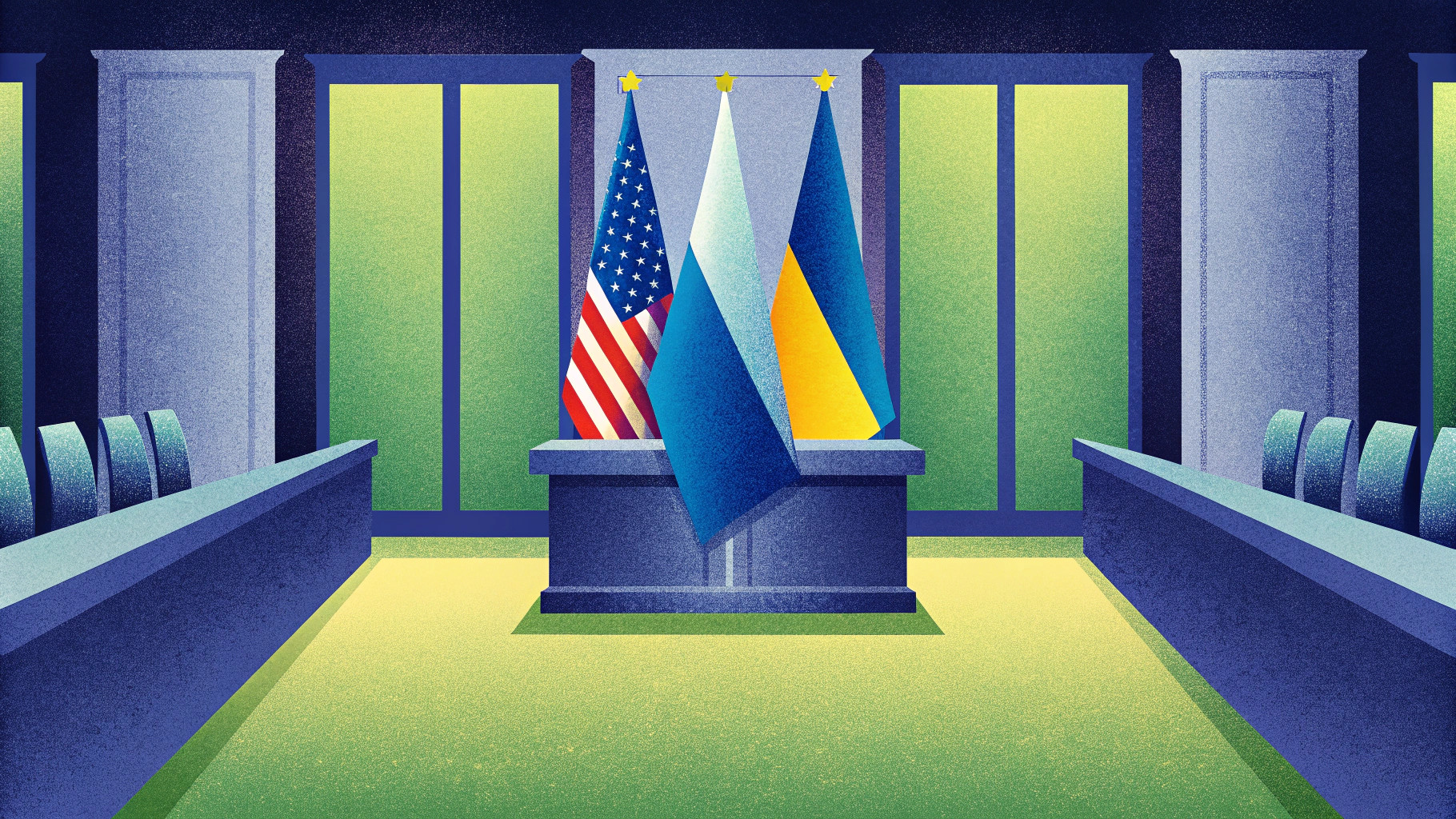What Prompted the Meeting Initiative?
The announcement of a potential meeting between Russian President Vladimir Putin, U.S. President Donald Trump, and Ukrainian President Volodymyr Zelenskyy marks a significant development in the ongoing geopolitical tensions involving Russia and Ukraine. The initiative, reportedly discussed during a telephone conversation between Trump and Putin, aims to address the long-standing conflict in Eastern Ukraine. This conflict, which began in 2014 following Russia's annexation of Crimea, has resulted in thousands of casualties and has been a persistent source of instability in the region. The planned meeting, which would also involve high-level coordination by the U.S. Vice President and Secretary of State, underscores the urgency and complexity of resolving the conflict.
What Are the Stakes for the United States?
For the United States, facilitating a meeting between Putin and Zelenskyy represents a pivotal opportunity to assert its influence in Eastern Europe and reaffirm its commitment to international diplomacy. President Trump's involvement is particularly noteworthy, as it aligns with his administration's broader foreign policy objectives of fostering dialogue and reducing military tensions. However, the stakes are high; any perceived failure to achieve tangible outcomes could undermine U.S. credibility on the global stage. The involvement of the U.S. Secretary of State and Vice President in coordinating the meeting further highlights the strategic importance Washington places on this diplomatic endeavor.
What Are Russia's Objectives?
From the Russian perspective, engaging in direct talks with Ukraine and the United States could offer a pathway to easing international sanctions and improving its global standing. President Putin's willingness to meet with Zelenskyy without preconditions signals a potential shift in Russia's diplomatic strategy. However, the underlying motivations remain complex. Russia's geopolitical interests in Ukraine, particularly in maintaining influence over the contested regions of Donetsk and Luhansk, are likely to play a critical role in shaping the discussions. The outcome of the meeting could have far-reaching implications for Russia's future relations with both Ukraine and the West.
What Are Ukraine's Concerns?
For Ukraine, the prospect of a trilateral meeting offers a glimmer of hope for peace and stability. President Zelenskyy, who has consistently advocated for diplomatic solutions, faces the challenge of balancing domestic expectations with the realities of international diplomacy. Ukraine's primary concern is ensuring that any agreement respects its sovereignty and territorial integrity. The mention of Zelenskyy's readiness to meet Putin 'without conditions' suggests a pragmatic approach, yet it also raises questions about the potential concessions Ukraine might be willing to make. The involvement of European leaders and the U.S. in the process may provide Ukraine with additional leverage in negotiations.
Can This Meeting End the Conflict?
The potential meeting between Putin, Trump, and Zelenskyy raises the critical question of whether it can indeed bring an end to the conflict in Ukraine. While the diplomatic engagement is a positive step, the path to peace is fraught with challenges. The complexity of the issues at hand, including territorial disputes, security arrangements, and political autonomy for contested regions, requires careful negotiation and compromise. President Trump's assertion that a resolution could be reached 'in a week or two' reflects optimism but may underestimate the intricacies involved. The international community will be closely watching the developments, as the meeting's success or failure could set a precedent for future diplomatic efforts.

